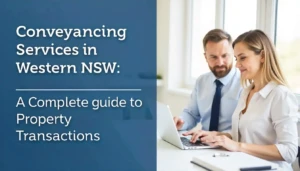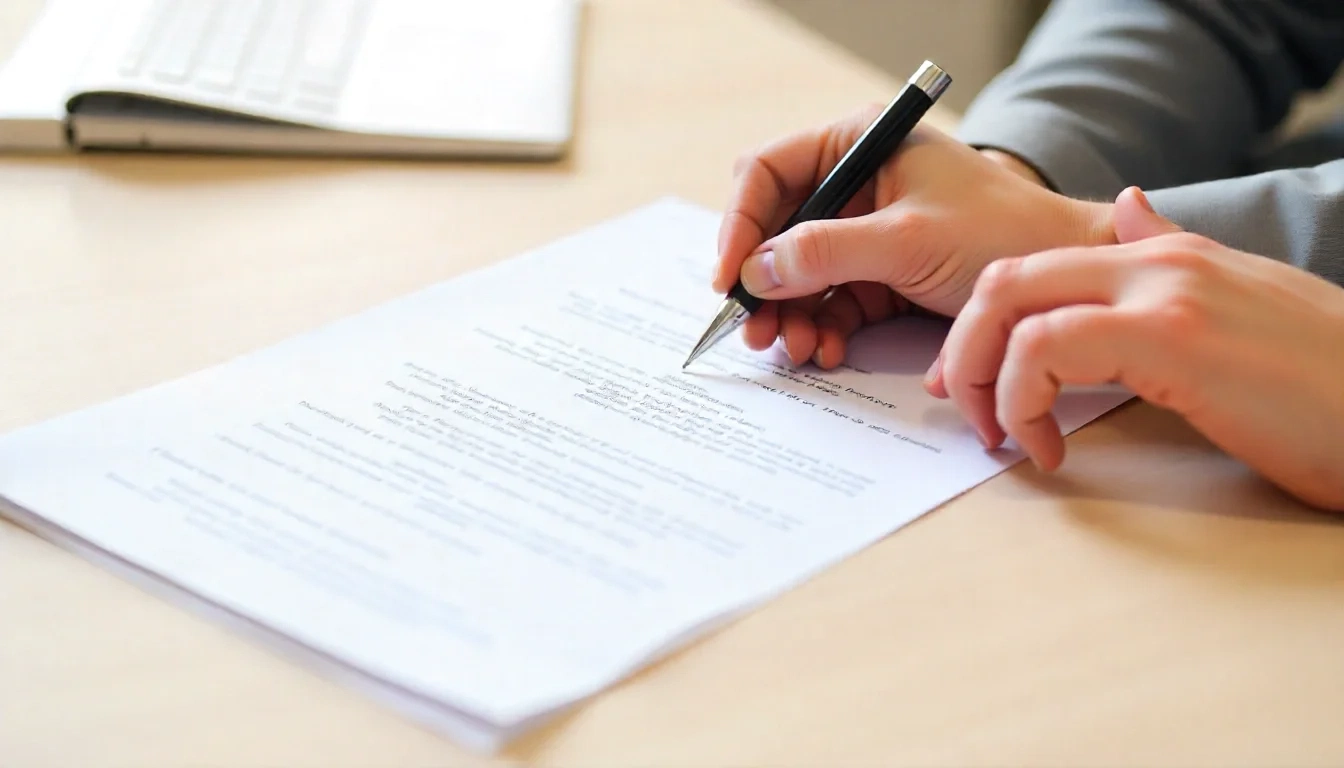Without a clear estate plan, your hard-earned assets could end up in legal limbo—or worse, in the wrong hands. This complete estate planning checklist ensures nothing important is overlooked, protecting your loved ones from stress, delays, and costly disputes.
Whether you’re starting your first will or revisiting outdated documents, this guide will help you understand what’s involved in safeguarding your estate in New South Wales (NSW).
Why Estate Planning Matters in 2025
More than 60% of Australians don’t have a valid will, according to the Australian Securities & Investments Commission (ASIC). Without one, your estate may be distributed according to NSW intestacy laws, which don’t always reflect your wishes—especially if you’re in a de facto relationship, part of a blended family, or own international assets.
Estate planning:
Ensures your wishes are followed, not default laws.
Protects minors and vulnerable dependents.
Minimises tax obligations and probate delays.
Prevents family conflicts and court disputes.
Let’s dive into what a comprehensive estate plan includes.
What Is Estate Planning?
Estate planning is the legal process of preparing how your assets will be managed and distributed after your death—or in the event you become incapacitated. It’s not just for the wealthy. Anyone with assets, debts, or loved ones to protect needs a plan.
Key Goals of Estate Planning:
Ensure your instructions are legally enforceable.
Appoint trusted individuals to manage affairs if you’re unable.
Reduce tax liabilities and avoid legal bottlenecks.
Protect assets for future generations.
Shield beneficiaries from unexpected debts or delays.
✅ Essential Estate Planning Checklist

The following checklist will walk you through the critical components of a comprehensive estate plan in NSW:
A. Core Legal Documents
1. Will
Your will outlines how your assets should be distributed and names:
Executor(s) – the person responsible for managing your estate.
Guardians – for any minor children.
Beneficiaries – who should inherit what.
Tip: Update your will after marriage, divorce, the birth of a child, or acquiring/selling major assets.
2. Enduring Power of Attorney (Financial)
This document appoints someone to handle your financial and legal affairs if you become incapacitated. This includes:
Paying bills
Managing bank accounts
Signing legal documents
3. Enduring Guardianship (Medical)
This appoints someone to make healthcare and lifestyle decisions on your behalf when you’re no longer able to do so.
4. Superannuation Binding Nomination
Superannuation does not automatically form part of your estate. You need to lodge a binding death benefit nomination with your super fund to direct the money to specific beneficiaries.
B. Create an Asset Inventory
Knowing exactly what you own—and its value—is critical for effective planning.
Real Property
Primary residence
Investment properties
Vacant land
Financial Accounts
Bank accounts
Term deposits
Investment portfolios
Shares and managed funds
Digital Assets
Email accounts
Social media
Cryptocurrency wallets and keys
Online subscriptions
Personal & Sentimental Assets
Family heirlooms
Jewellery
Vehicles
Collectibles
Pro Tip: Keep your asset checklist for estate planning in a secure but accessible location. Give a copy to your executor or solicitor.
C. Review Debts & Liabilities
Many people forget that debts don’t die with you. Outstanding obligations must be settled from the estate before distribution.
Mortgages
Personal or business loans
HECS/HELP debt (note: this is wiped on death)
Credit card balances
Outstanding tax bills
Plan: Ensure your estate has sufficient liquid assets (cash or easily sold investments) to cover liabilities and prevent stress for your beneficiaries.
D. Address Tax and Legal Considerations
1. Capital Gains Tax (CGT)
Inheriting property can trigger CGT depending on how and when it is sold. Strategies like testamentary trusts can help reduce exposure.
2. Stamp Duty
Some exemptions may apply for spouses or de facto partners who inherit property. Legal advice can clarify.
3. Testamentary Trusts
These are created within your will and help protect assets for beneficiaries by:
Minimising tax
Protecting from bankruptcy or family law claims
Managing assets for minors
E. Beneficiary Communications
Transparent communication reduces the risk of disputes. Let key individuals know:
Where your will and estate documents are stored.
Who is appointed as executor and guardian.
How to access insurance and super policies.
Avoid secrecy—it often causes unnecessary litigation down the track.
⚠️ Special Scenarios That Require Extra Planning
A. Blended Families
In blended families, standard wills often don’t work well. A life interest trust allows your current spouse to live in your home, while ensuring ownership passes to children from a previous relationship.
B. Business Owners
Include a succession plan for your business or partnership. Consider:
Buy/sell agreements
Business valuations
Key person insurance
C. International Assets
Owning overseas property or shares? You may need separate wills in each jurisdiction to avoid conflicting laws.
❌ Common Estate Planning Mistakes

Many families find themselves in court due to avoidable errors. Here’s what to avoid:
Outdated Wills: A will made 15 years ago likely doesn’t reflect your current relationships or assets.
Forgetting Digital Assets: Without login credentials, family may lose access to important accounts—or even money.
Poor Executor Choice: An executor should be trustworthy, organised, and ideally live in Australia.
Free Estate Planning Resources
To make this easier for NSW residents, we’ve developed two powerful tools:
Download: Estate Planning Checklist PDF
Get a printable version of this entire guide—perfect to take to your solicitor or fill in with family.
⚖️ Tool: Online Will-Maker Comparison Guide
Not all online will platforms are equal. Our guide compares the top will-makers in Australia based on legal compliance, ease of use, and value.
❓ FAQ: Estate Planning in NSW (Schema Markup Ready)
Q: How often should I update my estate plan?
A: Every 3–5 years or after any major life event (marriage, divorce, new child, major asset purchase/sale).
Q: Can I write my own will?
A: Yes, but DIY wills carry risks—like unclear instructions or invalid signing. For complex estates, consult an estate planning solicitor.
Q: What happens if I die without a will in NSW?
A: Your estate will be handled under NSW intestacy laws, which may exclude de facto partners or stepchildren unless formally recognised.
Summary: What to Do Next
Here’s your action plan:
Prepare key legal documents (will, power of attorney, guardianship).
Create an updated inventory of assets and debts.
Consult your accountant or solicitor about tax and trust options.
Talk to your family and executor.
Download our Estate Planning Checklist PDF for a structured approach.
- Get In Touch Today!
Call to Action
Don’t leave your legacy to chance. Protect your estate, secure your loved ones’ future, and gain peace of mind today.
[Book a Free Consultation with Lyon Legal’s Estate Planning Experts]
Whether you’re reviewing an outdated will or building your first plan, our team offers tailored, professional advice backed by years of experience in NSW estate law.



















